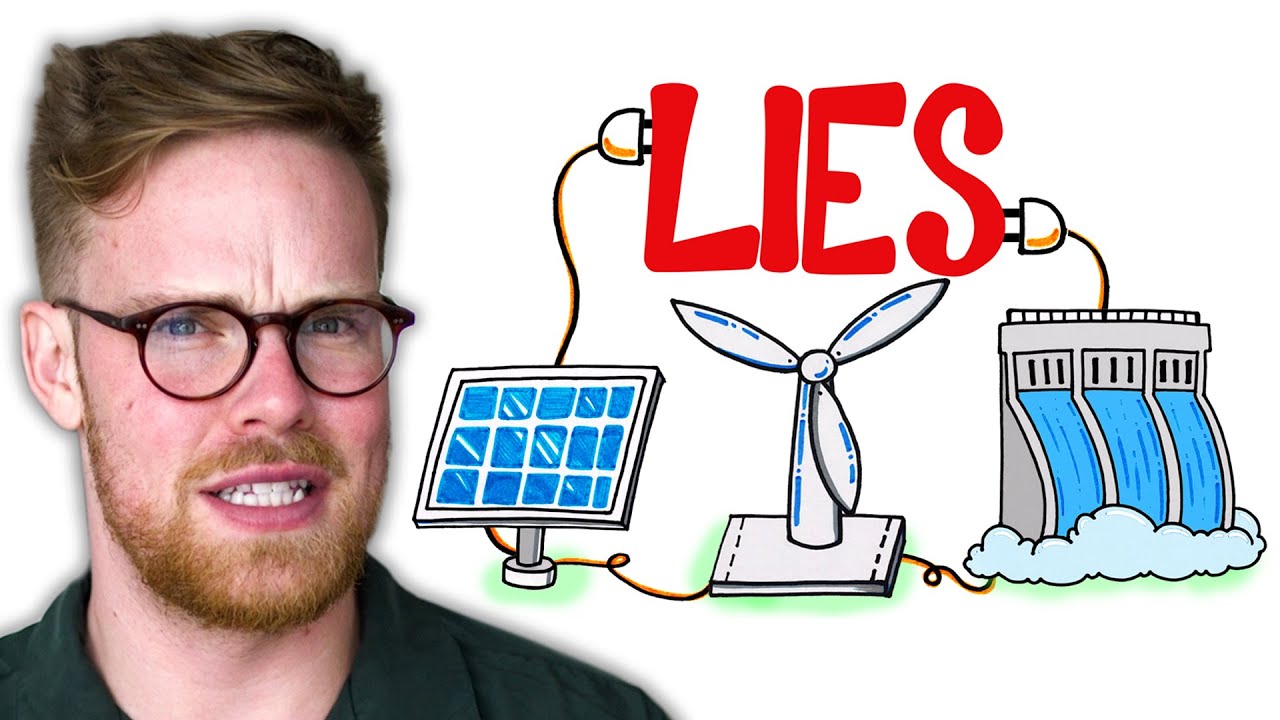
The Importance of Renewable Energy Education
Renewable energy has become a crucial topic in today’s world as we strive to reduce our carbon footprint and combat climate change. In the realm of education, teaching students about renewable energy is essential to prepare them for a sustainable future. However, there are common misconceptions about renewable energy in education that often hinder the progress of incorporating this important subject into school curricula.
Myth 1: Renewable Energy is Unreliable
One of the common misconceptions about renewable energy in education is that it is unreliable compared to traditional sources of energy such as fossil fuels. In reality, advancements in technology have made renewable energy sources like solar and wind power more reliable than ever. With proper infrastructure and storage solutions, renewable energy can provide a consistent and stable source of power.
Debunking the Myth
Studies have shown that renewable energy sources are becoming increasingly reliable and cost-effective. In fact, many countries around the world are investing heavily in renewable energy to reduce their dependence on fossil fuels and lower carbon emissions. By educating students about the advancements in renewable energy technology, we can dispel the myth that it is unreliable.
Myth 2: Renewable Energy is Expensive
Another common misconception about renewable energy in education is that it is too expensive to implement on a large scale. While it is true that the initial costs of setting up renewable energy systems can be high, the long-term benefits far outweigh the expenses. Renewable energy systems have lower operating costs and require less maintenance than traditional energy sources.
Debunking the Myth
By teaching students about the financial benefits of renewable energy, we can help them understand that the initial investment is a worthwhile long-term investment. In addition, government incentives and subsidies are available to make renewable energy more accessible and affordable for schools and communities. By debunking the myth that renewable energy is expensive, we can encourage more widespread adoption of sustainable energy practices.
Myth 3: Renewable Energy is Inefficient
Some people believe that renewable energy sources are inefficient and cannot generate enough power to meet our energy needs. This is another common misconception about renewable energy in education that needs to be addressed. In reality, renewable energy technologies have made significant advancements in efficiency and can now produce electricity at competitive rates.
Debunking the Myth
By educating students about the efficiency of renewable energy sources, we can help them understand that these technologies are capable of meeting our energy demands. Solar panels and wind turbines are becoming more efficient and cost-effective, making them viable alternatives to traditional energy sources. By debunking the myth that renewable energy is inefficient, we can pave the way for a more sustainable future.
Conclusion
It is essential to debunk the top myths about renewable energy in education to ensure that future generations are equipped with the knowledge and skills to transition to a more sustainable energy system. By addressing misconceptions about the reliability, cost, and efficiency of renewable energy, we can promote the widespread adoption of clean energy technologies in schools and communities.
Education plays a vital role in shaping the attitudes and behaviors of individuals towards renewable energy. By providing students with accurate information and dispelling common misconceptions about renewable energy in education, we can empower them to become advocates for a cleaner, greener future.

